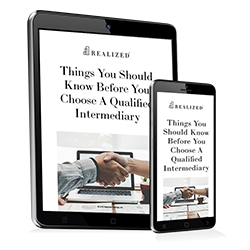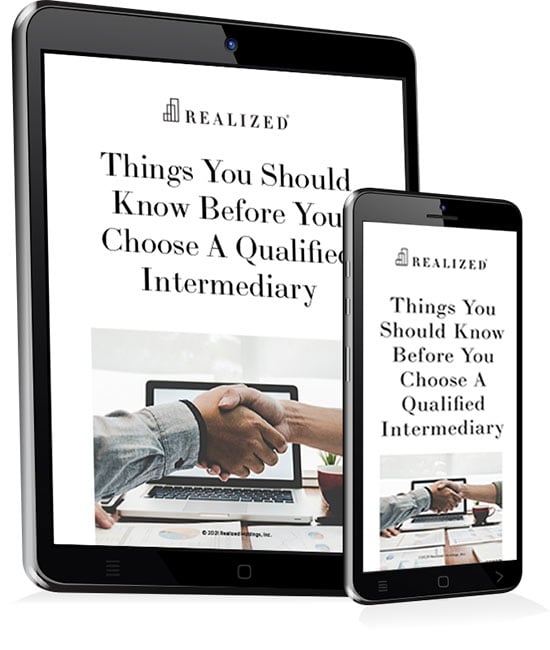
One main rule involved with the 1031 exchange process is that you, as the exchangor, are not allowed to handle any funds involved with the exchange. That job goes to the Qualified Intermediary (QI). Also known as an accommodator, the QI is an independent entity that is involved with every step of the like-kind exchange process.
A 1031 exchange without a QI isn’t recognized by the IRS. An exchange without a QI also likely guarantees that you’ll pay capital gains tax on the sale of your relinquished property, rather than deferring taxes on those gains.
Part of the QI’s responsibility is to ensure that you have absolutely no contact with funds resulting from the sale of your relinquished property. But how – and where – does your QI hold the proceeds resulting from the sale of your relinquished property?
A responsible QI holds funds from the relinquished property’s sale in either a Segregated Qualified Trust Account or Segregated Qualified Escrow Account. These are similar accounts but differ in terms of structure:
- A trust account represents a legal arrangement in which you, the grantor, gives permission to a third party (the QI) to manage the assets or funds of the account.
- A qualified escrow account represents an escrow account administered by a non-interested party – in this case, the QI.
The key word in both cases is “segregated.” Whether the 1031 proceeds end up in a trust or escrow account, those proceeds are held separate from you. And while the QI manages those funds, they also must be kept separate from the QI’s business and/or personal accounts.
Here are other issues to check when finding a reputable QI to hold your funds:
- Whether the funds will be held in accounts/institutions backed by the FDIC
- Whether the QIs offer fidelity bond coverage and errors and omissions insurance coverage
To summarize, one important factor of a successful like-kind exchange is that a disinterested third party protects and stores the proceeds from your relinquished property. That money remains in a segregated account until it’s closing time on the replacement property.
The “segregated” accounts ensure you have no relationship with those proceeds throughout the 1031 exchange process. Failure to adhere to this requirement can result in a red flag to the IRS and an unanticipated tax bill for you.
This material is for general information and educational purposes only. Information is based on data gathered from what we believe are reliable sources. It is not guaranteed as to accuracy, does not purport to be complete and is not intended to be used as a primary basis for investment decisions. It should also not be construed as advice meeting the particular investment needs of any investor.
Costs associated with a 1031 transaction may impact investor's returns and may outweigh the tax benefits. An unfavorable tax ruling may cancel deferral of capital gains and result in immediate tax liabilities.
Realized does not provide tax or legal advice. This material is not a substitute for seeking the advice of a qualified professional for your individual situation.



